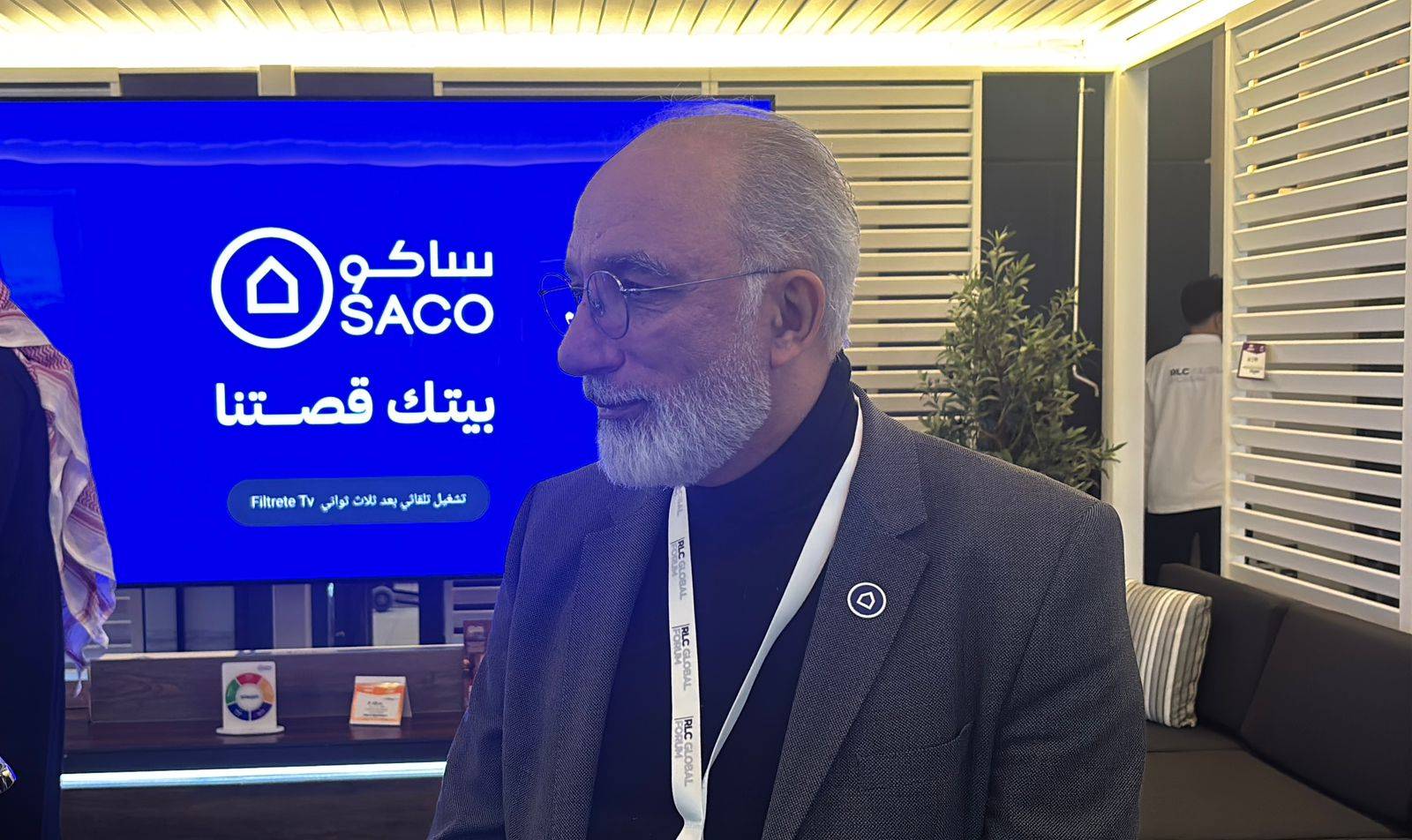Saudi Arabia has revealed that it has an estimated 76 investment opportunities in six different areas of defense and military industries.
Ayma al-Hazmi, head of the Saudi Local Content and Government Procurement Committee at the Federation of Saudi Chambers, stressed that the General Authority for Military Industries plays important roles in supporting the process of localizing the sector, and contributing to strengthening the country's strategic independence to build local and sustainable industries.
Speaking at a workshop recently organized by the General Authority for Military Industries in Riyadh, al-Hazmi revealed that coordination is underway for maximizing the benefit of national companies from procurement contracts and military spending.
Al-Hazmi noted that coordination for enhancing the position of national companies in the military industry aligns with the Kingdom’s goals for localizing this sector and making it a part of its sustainable economic development.
The workshop also showcased the most prominent investment opportunities in supply chains across six areas in the military and defense industries sector.
The workshop also highlighted the roles and tasks of the authority aimed at embodying the national ambition to localize more than 50% of government spending on military equipment and services by 2030.
In other news, the Federation of Saudi Chambers, represented by the Saudi-French Business Council, participated in a meeting organized by the Movement of the Enterprises of France (MEDEF).
The meeting focused on investment opportunities in the mining sector in the Kingdom and was attended by representatives from the Ministry of Industry and Mineral Resources, the Ministry of Investment and several Saudi and French companies operating in the mining field.
Chairman of the Saudi-French Business Council Mohammed bin Laden highlighted in his speech the economic importance of the Kingdom's mining sector as one of the most important pillars of the Saudi industry, and the objectives of Vision 2030 to maximize its impact on the gross domestic product and its contribution in the local content and trade balance, achieving its sustainability and improving legislative and investment environment.
The meeting also discussed the investment opportunities available to French companies in the Kingdom's mining sector, and the efforts made during the past years to strengthen the sector, introduce its components and capabilities, attract foreign investors, and improve its business environment, through the relevant competent authorities, led by the Ministry of Industry and Mineral Resources and the Ministry of Investment.
The French side expressed the interest of French investors to invest in the Saudi mining sector, reiterating that this participation would achieve an added value for the sector through the transfer and localization of the leading French expertise.










